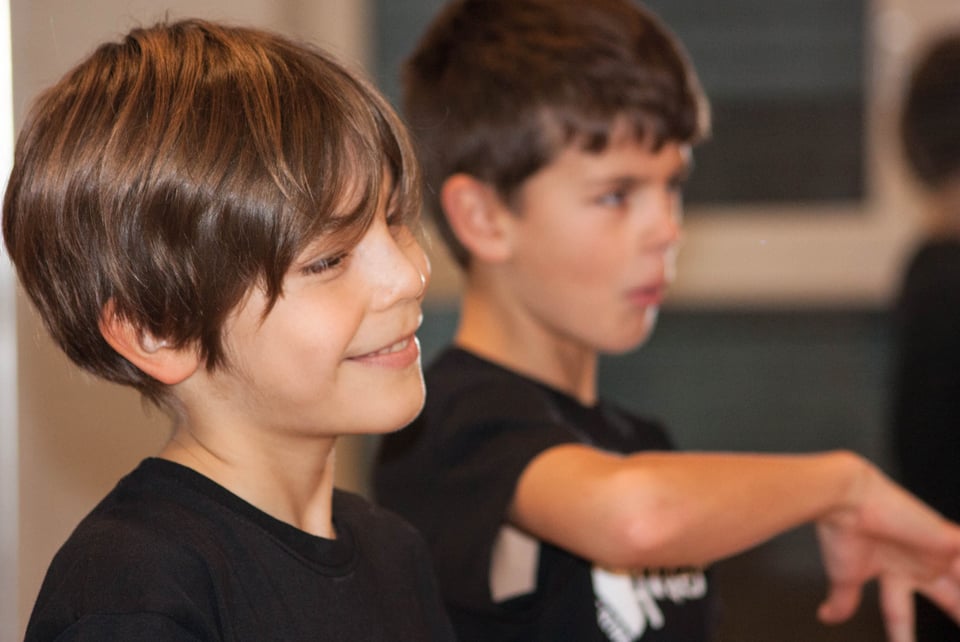 Building self-esteem and confidence during childhood can have many positive impacts later on in life.
Building self-esteem and confidence during childhood can have many positive impacts later on in life.
The second of our life skills blog series, this article focuses on confidence and communication, two very intertwined life skills that impact many aspects of our daily lives as both adults and children. At its core, confidence is about feeling sure of yourself and your own abilities, the quiet knowledge that you are capable.
Building self-esteem and confidence during childhood can have countless positive impacts later on in life. Confident children and teens are more likely to move forward with people and opportunities and if things don't work out at first, confidence helps them to try again. Confident adults will be more likely to reach their full potential and live fulfilling, happier lives.
Ensuring we give as much time to developing our child’s life skills as academic achievements is key to fostering long term happiness and at Simply Theatre we believe that being good problem solvers, decision-makers, creative thinkers, communicators, being self-aware, empathetic, coping with emotions and dealing with stress are the skills that determine our potential more than academic prowess.
Speech and drama activities are an ideal way to build self-confidence in a child. Good listening is the basis of great communication and is a great way to engage shyer, more introverted children with performing arts. At Simply Theatre, we consider a student who volunteers opinions and ideas, is willing to try new things, is comfortable meeting and working with new people, or is happy to go first or last to be truly confident. I believe the art to developing any new skills is a safe environment. Encouraging contributions that are built upon rather than knocked down or dismissed is they key to growing confidence through communication.
So as parents, how can we foster and build self-esteem and confidence in our children? Below we make some simple suggestions for how small actions at home can have a big impact on self-confidence in our children:
Hearing yes instead of no over periods of time really helps with building a child’s confidence and the desire to communicate. In the drama studio, we spend the first 6 weeks training children to say yes not no to each other’s ideas.
Gaining confidence is a journey, unique to every person, at Simply Theatre we treat each child as an individual and understand that their starting levels of confidence will vary dramatically. Our courses are designed to provide an environment where every child can grow their confidence at their own pace, regardless of the level or age at which they join us. To find out more about how your child could benefit from Simply Theatre or for more details on our unique performing arts and drama courses for 4 to 18-year-olds please complete our enquiry form click the button below to send us your details and we will be in touch.